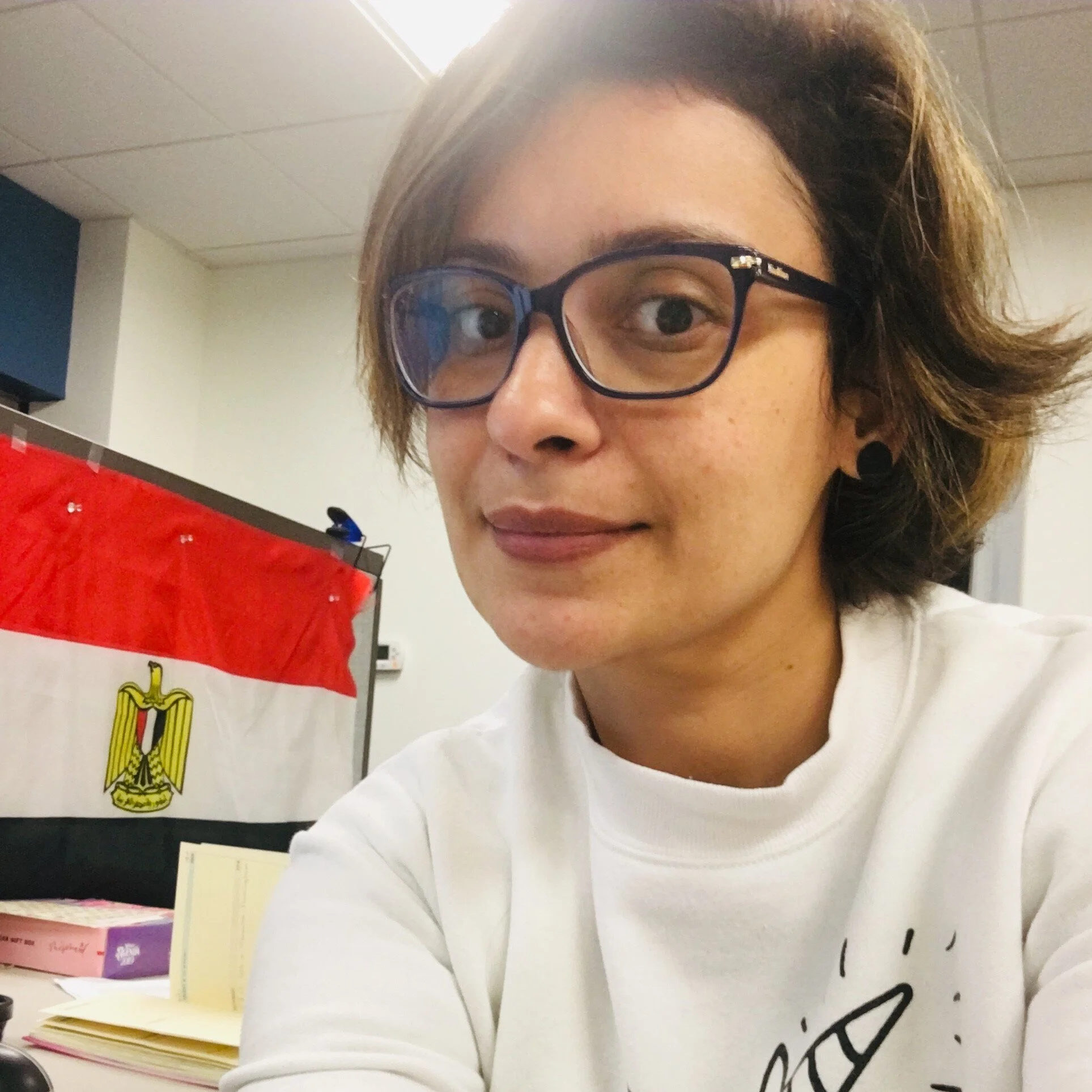Lilian Elekwachi (32), from Nigeria, is studying at the University of Massachusetts for a doctorate in the field of Environmental Science. She plans to graduate in 2023.
Raised in the coastal regions of Nigeria, Lilian has firsthand experience of the importance of fish in the Nigerian diet and the developing aquaculture industry that supports this need. She is herself the manager of a local fish farm and has over 7 years of work experience in this sector. In 2018 she completed a master’s in sustainable aquaculture at University of St. Andrews, Scotland, which gave her valuable insights to the issues and solutions of the industry.
Currently, due to the absence of cold-chain and electricity, the most common preservative method for fish is traditional smoking. In addition to environmental issues, this causes respiratory health issues for the women who work in the smokeries and decreases the nutritional value of the fish products, a primary food for local children. Her thesis aims to provide valuable research and viable strategies to improving the fish smoking technologies, empower women, and improve nutrition for children.
Upon graduation, Lilian will return to Nigeria, where she hopes to be recognized as a female industrial leader, equal to her male counterparts. She also plans to extend her outreach beyond the fish farms to local schools where she will mentor young women who wish to become involved in Aquaculture. In her own words: “I am not doing the PhD for myself but to help other women.”








